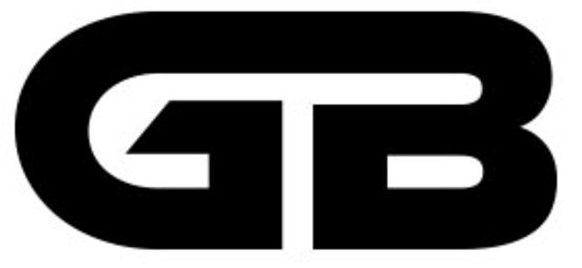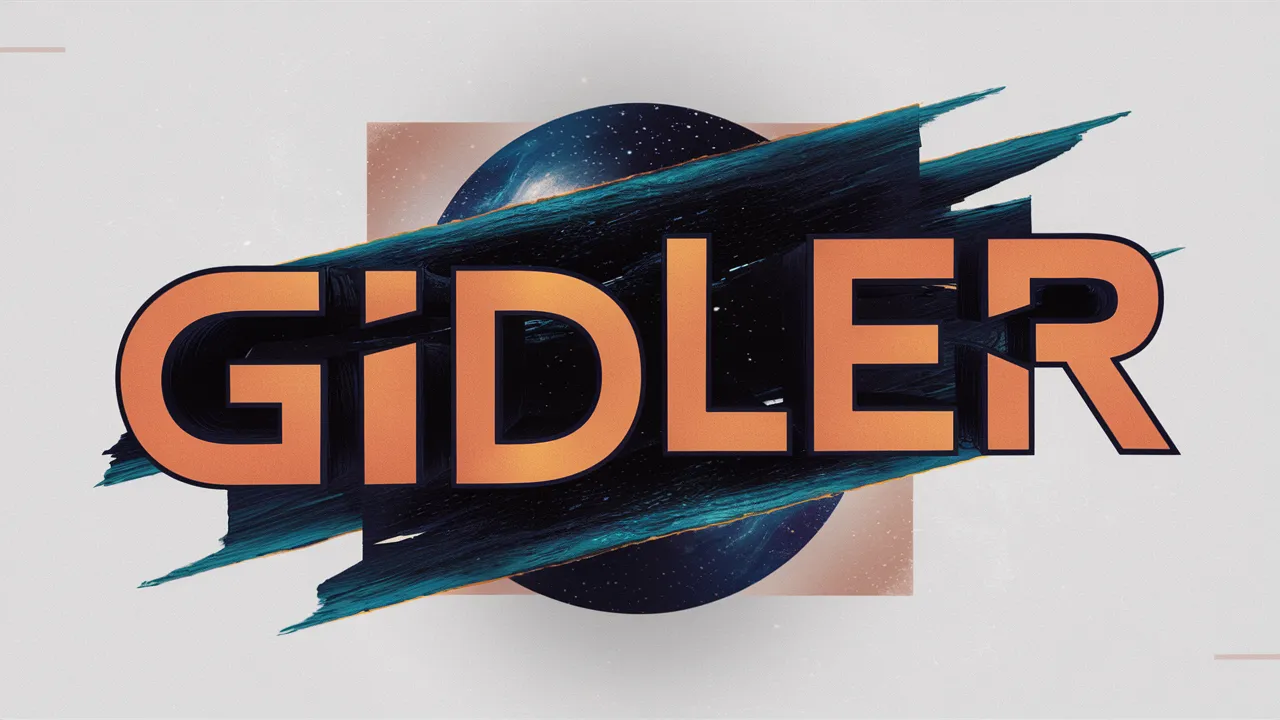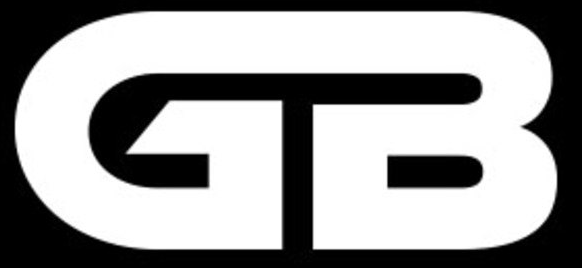In the fast-paced world of urbanization, where cities are expanding at an unprecedented rate, the need for innovative solutions to manage the complexities of urban living has never been more critical. Enter Gidler, a pioneering tech company that is redefining how cities operate through cutting-edge robotics and artificial intelligence (AI). Gidler is at the forefront of creating smart, sustainable, and efficient urban environments, addressing the challenges of modern cities with visionary technology. This article delves into the origins, innovations, and transformative impact of Gidler as it leads the charge in revolutionizing urban living.
The Genesis of Gidler: A Visionary Beginning
Founded in 2012 by a group of engineers, data scientists, and urban planners, Gidler was born out of a shared vision to harness the power of robotics and AI to improve the quality of life in urban areas. The founders, inspired by the rapid advancements in technology and the growing challenges of urbanization, set out to create a company that could bridge the gap between smart technology and urban management.
The name “Gidler” was chosen to symbolize innovation and forward-thinking. It was derived from a combination of “Guide” and “Fiddler,” representing the company’s role in guiding the future of cities while skillfully navigating the intricacies of urban systems. From the outset, Gidler’s mission was clear: to create intelligent, adaptable, and sustainable solutions that would make cities safer, more efficient, and more livable.
Gidler’s Core Technologies and Innovations
Gidler’s success can be attributed to its relentless focus on innovation and its ability to develop technologies that address the most pressing needs of urban environments. The company’s core offerings are centered around advanced robotics, AI, and data-driven solutions, all designed to enhance urban living.
1. Robotic Urban Assistants: The Future of City Services
One of Gidler’s flagship products is its line of Robotic Urban Assistants (RUAs), which are designed to perform a variety of tasks within city environments. These robots are equipped with advanced AI, machine learning algorithms, and state-of-the-art sensors, allowing them to navigate complex urban landscapes and interact with humans in a natural and intuitive way.
The RUAs are deployed across a wide range of urban functions, from waste management and street cleaning to security and emergency response. For example, Gidler’s WasteBot, an autonomous waste collection robot, has revolutionized the way cities manage garbage. Using AI to optimize its routes and machine vision to identify waste types, the WasteBot significantly reduces the time and cost associated with traditional waste management methods, while also minimizing environmental impact.
Similarly, the company’s PatrolBot, an AI-driven security robot, has enhanced public safety by providing real-time surveillance and threat detection in public spaces. The PatrolBot’s ability to communicate with law enforcement and other RUAs ensures a coordinated and efficient response to any potential security incidents.
2. Smart Infrastructure: Enhancing Urban Efficiency
In addition to its robotics innovations, Gidler has made significant strides in developing smart infrastructure solutions that optimize urban efficiency. Gidler’s smart infrastructure technology integrates AI with the Internet of Things (IoT) to create interconnected systems that monitor and manage city resources in real-time.
One of the most notable examples of Gidler’s smart infrastructure is its intelligent traffic management system, which uses AI to analyze traffic patterns and adjust signals dynamically to reduce congestion. By integrating data from various sources, including road sensors, cameras, and even social media, the system can predict and mitigate traffic jams before they occur, leading to smoother and more efficient transportation networks.
Another key innovation is Gidler’s smart grid technology, which optimizes energy distribution across urban areas. The smart grid uses AI to predict energy demand, manage supply from renewable sources, and ensure efficient energy use throughout the city. This not only reduces energy costs for consumers but also supports cities in their efforts to transition to sustainable energy sources.
3. Urban AI Platforms: Data-Driven Decision Making
Gidler’s Urban AI Platform is a comprehensive data analytics and decision-making tool that leverages AI to help city planners and administrators make informed decisions. The platform collects and analyzes vast amounts of data from various urban systems—transportation, energy, public services, and more—to provide actionable insights that can improve city operations.
For instance, Gidler’s Urban AI Platform has been used to optimize public transportation systems by analyzing passenger flow, predicting peak times, and suggesting adjustments to routes and schedules. This has led to more efficient use of resources, reduced waiting times for passengers, and improved overall service quality.
Moreover, the platform’s ability to model and simulate different urban scenarios has been invaluable in long-term city planning. By forecasting the impact of new infrastructure projects, population growth, or policy changes, city planners can make more informed decisions that align with the goals of sustainability, resilience, and inclusivity.
Gidler’s Impact on Global Urbanization
Gidler’s innovations have had a profound impact on cities around the world, helping to address some of the most pressing challenges associated with urbanization. The company’s technology has not only improved the efficiency and sustainability of urban systems but has also enhanced the quality of life for millions of city dwellers.
1. Sustainable Urban Development
One of the core tenets of Gidler’s mission is sustainability. The company’s technologies are designed to minimize the environmental footprint of urban activities, reduce waste, and promote the use of renewable resources. Gidler’s smart infrastructure solutions, for example, have enabled cities to significantly reduce their energy consumption and carbon emissions.
In addition, Gidler’s RUAs are designed with sustainability in mind. The WasteBot, for instance, not only optimizes waste collection but also includes features for sorting recyclables, thereby reducing the amount of waste that ends up in landfills. The company’s commitment to sustainability extends to its entire product lifecycle, from design and manufacturing to deployment and end-of-life recycling.
2. Enhancing Urban Safety and Security
Gidler’s contributions to urban safety and security have been transformative. The deployment of PatrolBots in cities around the world has resulted in a significant reduction in crime rates, particularly in public spaces. These robots provide continuous surveillance, can detect suspicious activities, and are capable of alerting human responders in real-time.
Furthermore, Gidler’s AI-driven emergency response systems have improved the efficiency and effectiveness of urban emergency services. By using AI to analyze real-time data from various sources, including social media, surveillance cameras, and weather reports, these systems can predict and respond to emergencies more quickly, saving lives and reducing damage.
3. Driving Economic Growth and Innovation
Gidler’s technology has also been a catalyst for economic growth and innovation in the cities where it operates. By improving the efficiency of urban systems and reducing operational costs, Gidler’s solutions have freed up resources that can be reinvested in other areas, such as education, healthcare, and public amenities.
Moreover, the company’s presence in a city often attracts other tech companies and startups, leading to the creation of innovation hubs and tech ecosystems. This has a ripple effect on the local economy, creating jobs, fostering entrepreneurship, and driving overall economic development.
Ethical Considerations and Challenges
As a leader in advanced robotics and AI, Gidler is not only focused on technological innovation but also on addressing the ethical considerations and challenges that come with it. The company is deeply committed to ensuring that its technologies are used responsibly and that they contribute positively to society.
1. Addressing Privacy Concerns
One of the major challenges Gidler faces is ensuring the privacy and security of the data collected by its AI and robotic systems. With the deployment of RUAs and smart infrastructure, large amounts of data are generated, raising concerns about how this data is used, stored, and protected.
Gidler has implemented stringent data protection protocols and adheres to global standards for privacy and security. The company uses advanced encryption techniques to protect sensitive data and has established clear policies on data usage, ensuring that personal information is only used for its intended purposes and is never shared without consent.
2. Ensuring Ethical AI Practices
Gidler is acutely aware of the ethical implications of AI, particularly in areas such as decision-making, bias, and transparency. The company has established an AI ethics committee tasked with overseeing the development and deployment of its AI technologies. This committee, composed of experts in AI, ethics, law, and human rights, ensures that Gidler’s AI systems are designed and implemented in ways that are fair, transparent, and aligned with societal values.
Moreover, Gidler is actively involved in the global conversation on AI ethics, collaborating with academic institutions, industry groups, and government agencies to develop best practices and guidelines for the responsible use of AI.
3. Balancing Automation and Employment
As Gidler’s robotics solutions continue to automate various urban functions, the company is mindful of the potential impact on employment. While automation can lead to increased efficiency and cost savings, it also raises concerns about job displacement.
Gidler addresses this challenge by promoting the reskilling and upskilling of workers. The company offers training programs in collaboration with local governments and educational institutions to help workers transition into new roles that complement automated systems. Gidler’s vision is to create a future where humans and robots work together, each augmenting the capabilities of the other.
The Future of Gidler: Expanding Horizons
Looking ahead, Gidler is poised to continue its trajectory of innovation and leadership in the fields of robotics and AI. The company has ambitious plans to expand its offerings and enter new markets, all while staying true to its mission of creating smarter, more sustainable cities.
1. Expanding Global Reach
Gidler is committed to expanding its presence in cities around the world, particularly in emerging markets where urbanization is rapidly accelerating. The company is actively seeking partnerships with local governments, businesses, and NGOs to deploy its technology in regions that can benefit most from its solutions.
In addition, Gidler is exploring opportunities to collaborate with international organizations focused on sustainable development, such as the United Nations and the World Bank. By aligning its efforts with global sustainability goals, Gidler aims to play a key role in shaping the future of urbanization on a global scale.
2. Advancing Robotics and AI Research
Gidler is also heavily invested in advancing the state of the art in robotics and AI. The company has established a research and development division dedicated to exploring new technologies and pushing the boundaries of what is possible. Current research areas include advanced machine learning, human-robot interaction, and autonomous systems.
One of the company’s most exciting research projects involves the development of AI-driven robots capable of learning and adapting to their environments in real-time. These robots, which Gidler refers to as “Adaptive Urban Assistants,” could one day be deployed in cities to perform a wide range of tasks, from disaster response to personalized customer service.
3. Fostering Innovation and Collaboration
Gidler recognizes that the challenges of urbanization cannot be solved by any single entity. The company is committed to fostering innovation and collaboration across the public, private, and academic sectors. Gidler’s Innovation Lab, a collaborative space for research and development, serves as a hub for inventors, entrepreneurs, and researchers to work together on next-generation urban solutions.
The Innovation Lab also hosts hackathons, workshops, and seminars aimed at exploring new ideas and developing creative solutions to urban challenges. By bringing together diverse perspectives and expertise, Gidler hopes to accelerate the pace of innovation and create a vibrant ecosystem of urban technology.
Conclusion: Gidler’s Legacy and Vision
Gidler’s journey from a startup to a global leader in robotics and AI is a testament to the power of innovation, vision, and ethical responsibility. The company’s pioneering technologies have transformed cities, improved the quality of urban living, and set new standards for sustainable development.
As Gidler continues to expand its reach and advance its technology, it remains committed to ensuring that its innovations are used for the benefit of all. Through its dedication to responsible AI, sustainability, and collaboration, Gidler is not only shaping the future of cities but also paving the way for a more connected, equitable, and resilient world.
The story of Gidler is still unfolding, but one thing is certain: the company will continue to be a driving force in the urban transformation of the 21st century, leading the way towards a future where technology and humanity thrive together.


